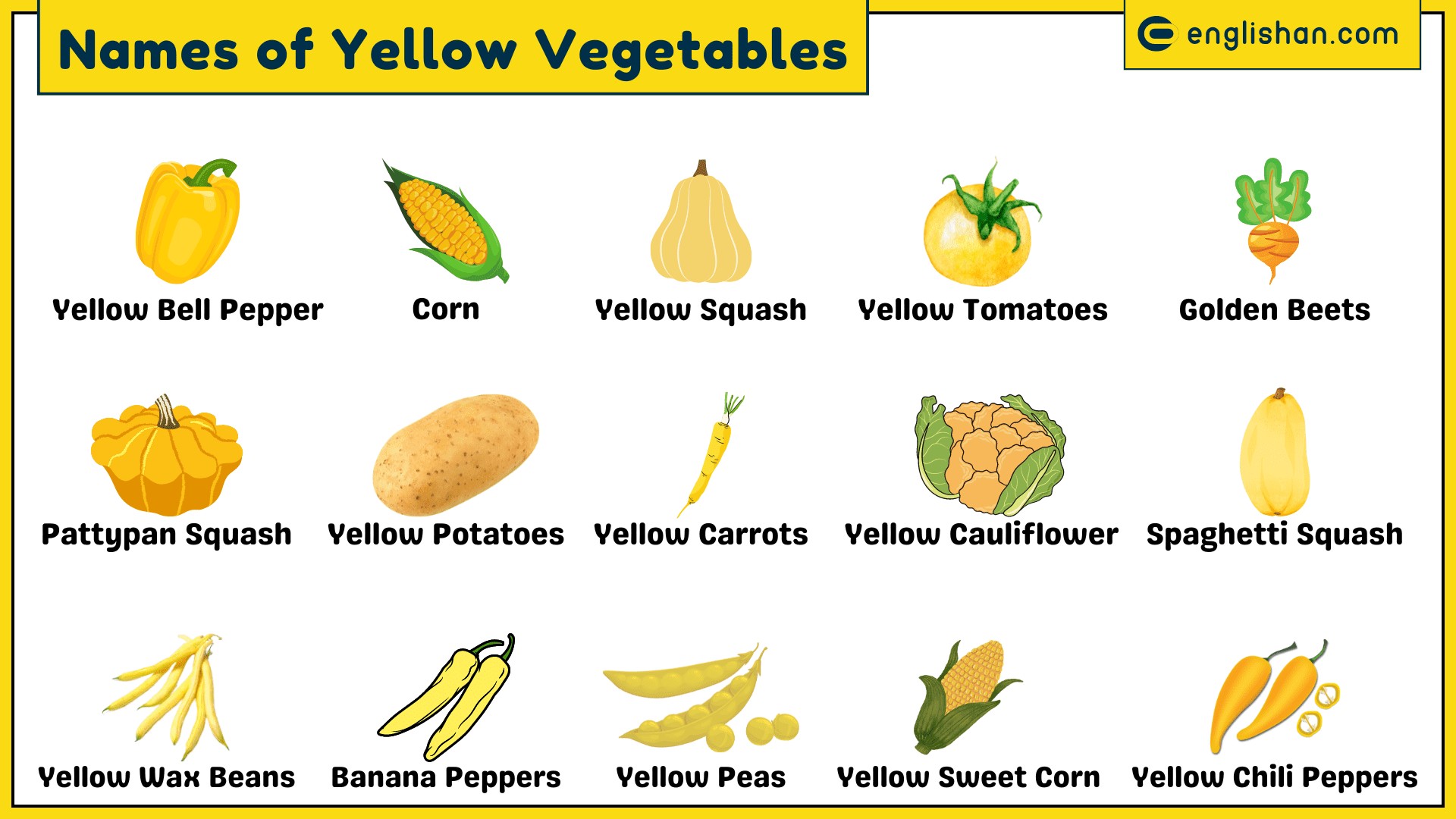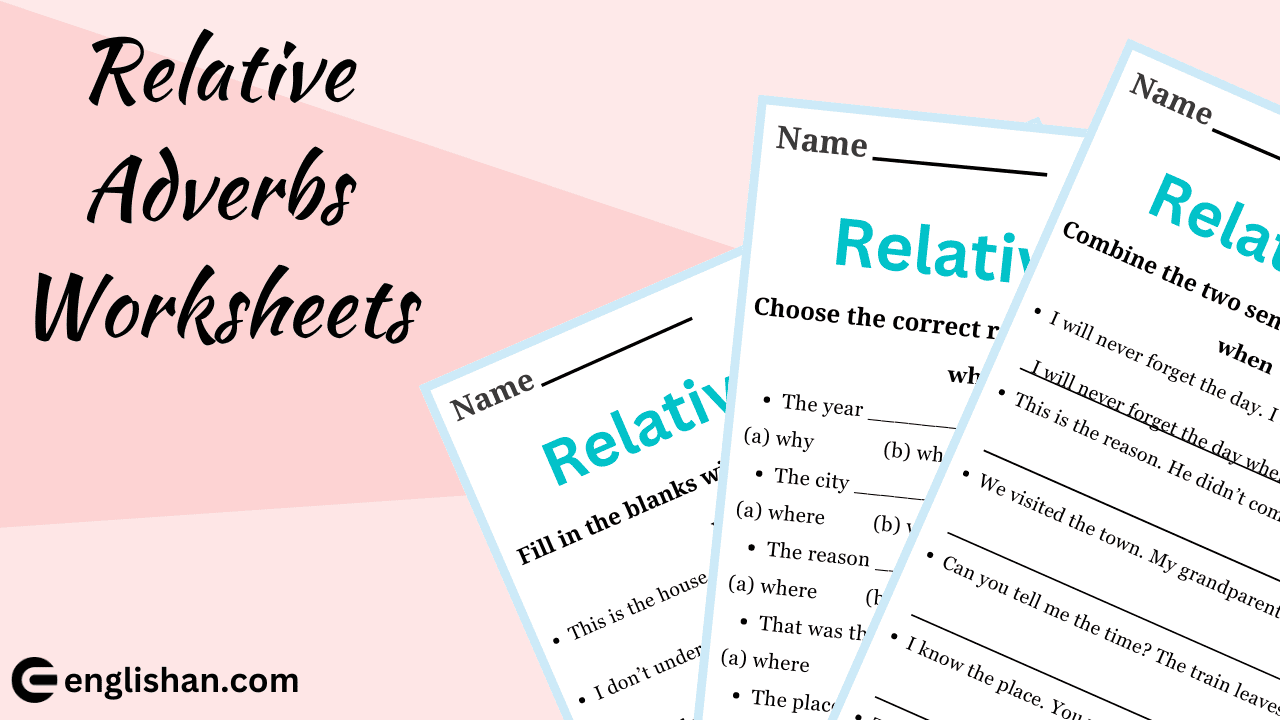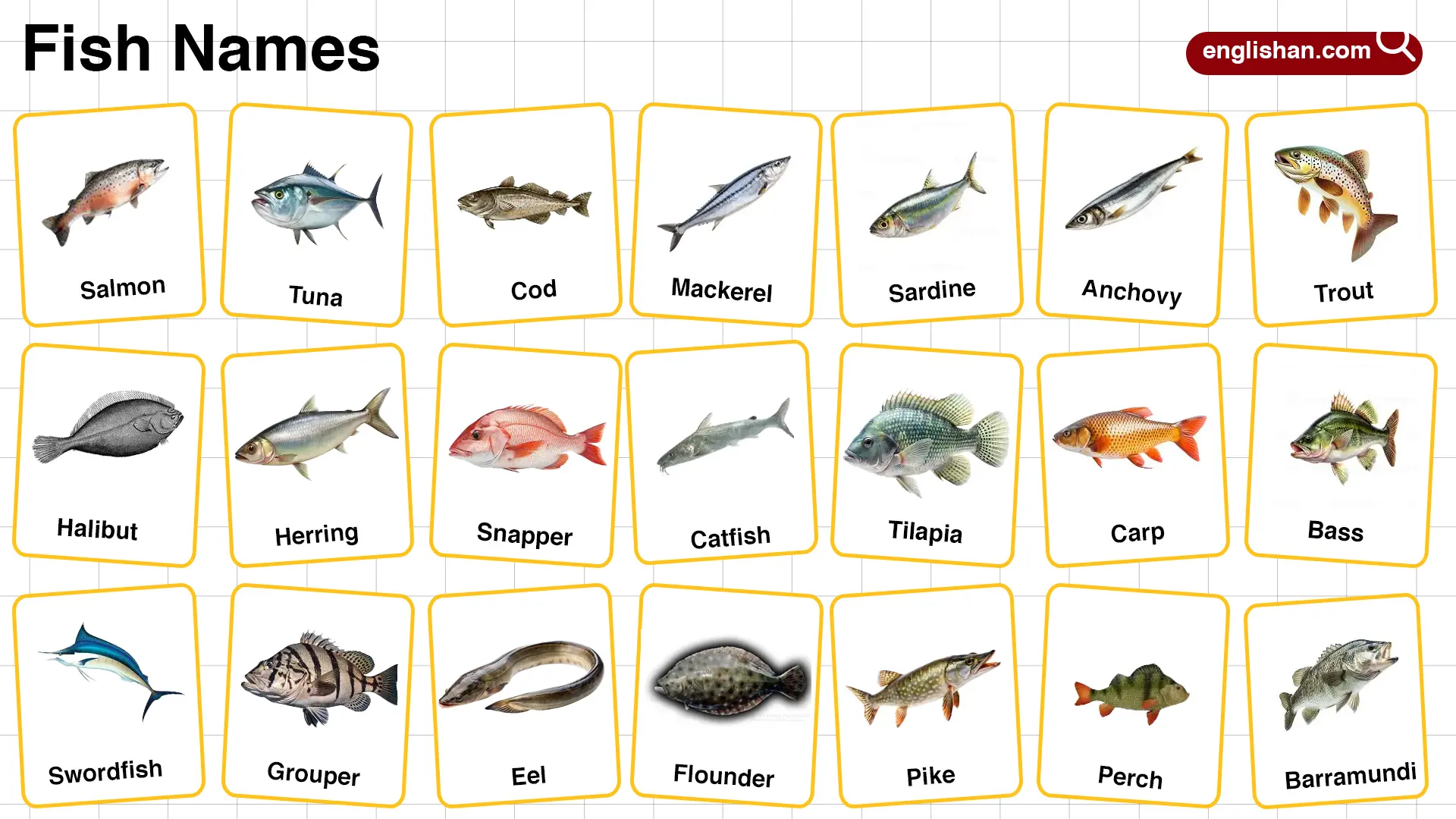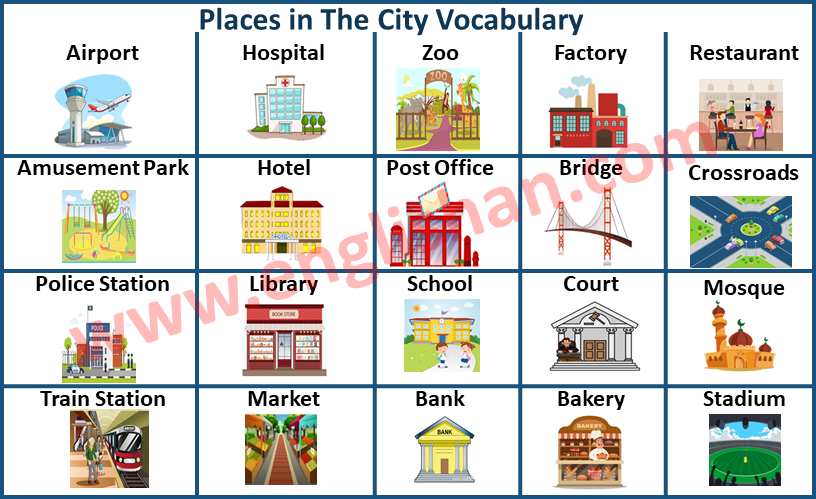Easy to spot by their bright color, yellow vegetables like corn, yellow bell pepper, squash, and pumpkin are popular in many dishes. They add color and taste to soups, salads, and side meals. This group includes crunchy and soft types that are simple to learn with their pictures, making food words easier to remember.
Learning yellow vegetables helps you talk clearly about food and use the names of vegetables for cooking, shopping, or English practice.
List of Yellow Vegetables Names with Pictures
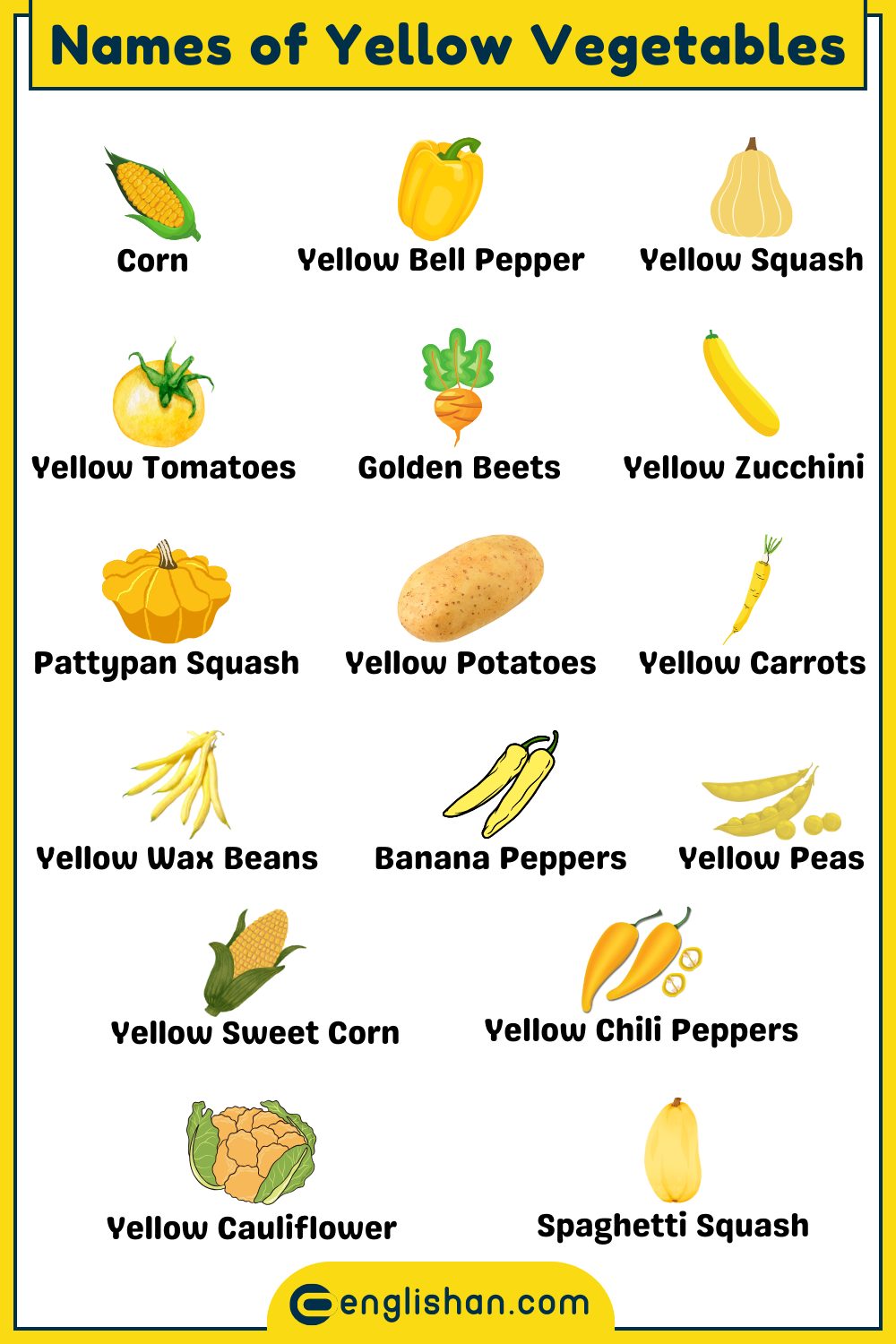
Sweet and Mild Yellow Vegetables

Yellow Bell Pepper
Yellow bell peppers have a sweet, mild flavor. Plus, they are rich in vitamin C and antioxidants, supporting immune health. Often used in salads, stir-fries, or grilled, they add vibrant color and crunch to dishes.
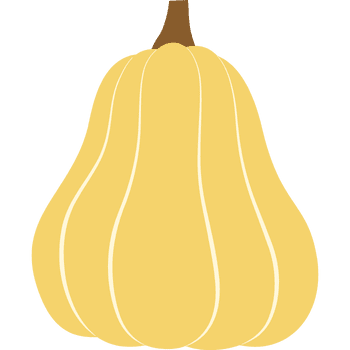
Yellow Squash
Yellow squash has a mild, slightly sweet taste. It’s low in calories and packed with vitamins A and C, which promote healthy skin and vision. People typically sauté, grill, or add it to casseroles.
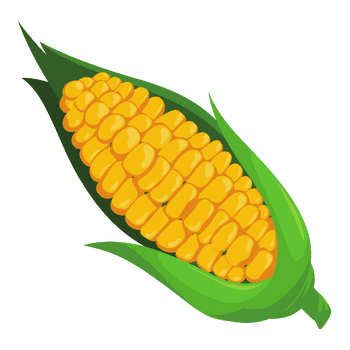
Corn
Corn has a sweet, juicy flavor. It’s a good source of fiber and B vitamins, which support digestion and energy. You can boil, grill, or use it in soups and salads for a satisfying crunch.
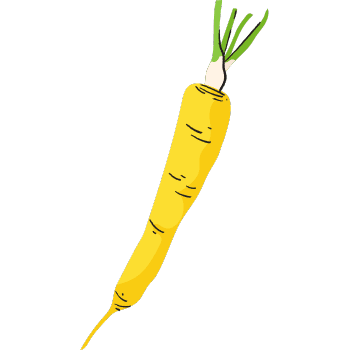
Yellow Carrots
Yellow carrots offer a milder, sweeter taste than orange carrots. They are rich in fiber and antioxidants, which promote eye health and digestion. People roast, add them to soups, or eat them raw.
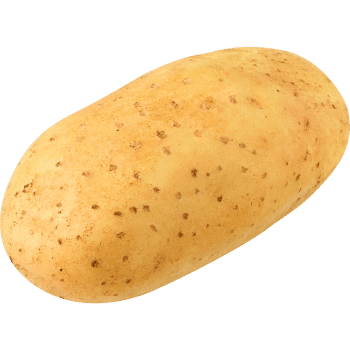
Yellow Potatoes
Yellow potatoes have a creamy texture and buttery flavor. They provide a great source of potassium and vitamin B6, which support heart health. Most people mash, roast, or add them to soups.
Vibrant Yellow Vegetables Names
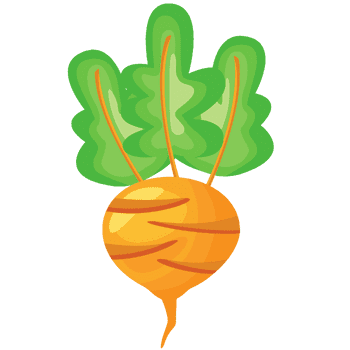
Golden Beets
Golden beets have a sweet, earthy flavor. They’re high in fiber, folate, and potassium, which support heart and digestive health. Roasting, boiling, or adding them to salads enhances both color and taste.
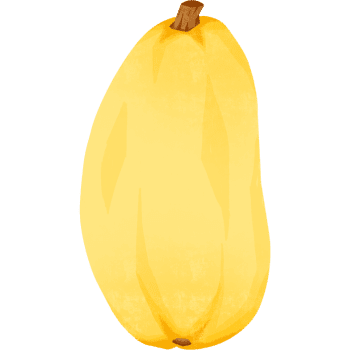
Spaghetti Squash
Spaghetti squash has a mild, slightly nutty flavor. It’s low in calories and rich in fiber, making it great for weight management. Once cooked, its strands are used as a pasta substitute in various dishes.
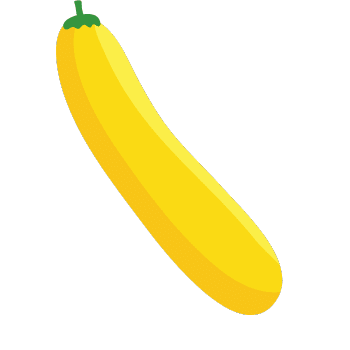
Yellow Zucchini
Yellow zucchini has a light, mild flavor similar to green zucchini. It’s a good source of vitamin C and antioxidants, promoting immune health. It’s commonly grilled, sautéed, or added to salads and stir-fries.
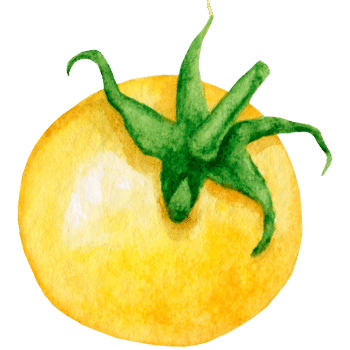
Yellow Tomatoes
Yellow tomatoes are milder and sweeter than red tomatoes. They are rich in vitamin C and lycopene, which support heart health. They are often used in salads, salsas, or eaten fresh for a burst of flavor.
Nutritious Yellow Vegetables
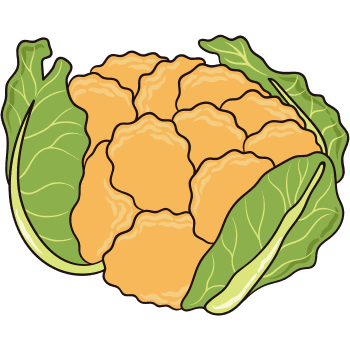
Yellow Cauliflower
Yellow cauliflower has a slightly sweeter taste than white cauliflower. It’s full of vitamin C and antioxidants, promoting overall health. People often steam, roast, or add it to casseroles.
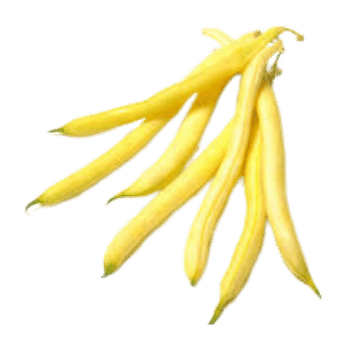
Yellow Wax Beans
Yellow wax beans have a mild, slightly sweet flavor. They are low in calories and rich in fiber, supporting digestive health. Often boiled or steamed, they are added to salads or served as a side dish.

Banana Peppers
Banana peppers have a tangy flavor with a mild heat. They are a good source of vitamin C and antioxidants, which support immunity. They are commonly pickled and added to sandwiches, salads, or pizzas.

Pattypan Squash
Pattypan squash has a mild, buttery flavor. It’s low in calories and rich in vitamins A and C, promoting eye and skin health. It’s typically grilled, roasted, or sautéed for a tasty, tender side dish.
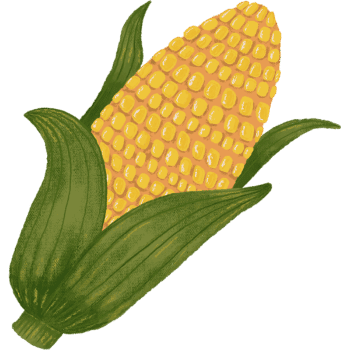
Yellow Sweet Corn
Yellow sweet corn has a rich, sweet flavor. It is high in fiber and B vitamins, promoting energy and digestive health. It’s often boiled, grilled, or used in soups and salads for a satisfying crunch.
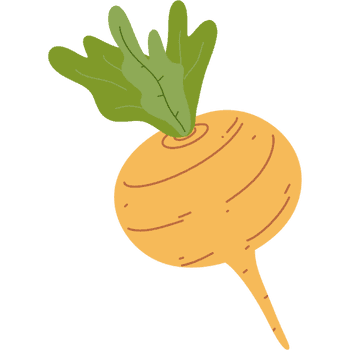
Yellow Turnip
Yellow turnips have a mildly sweet, earthy flavor. They are rich in fiber and vitamin C, supporting digestive and immune health. Turnips are commonly boiled, roasted, or mashed for hearty side dishes.
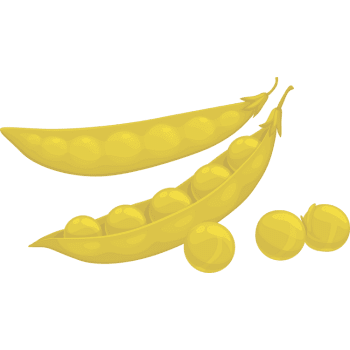
Yellow Peas
Yellow peas have a mild, slightly sweet taste. They are full of protein and fiber, which promote heart health. Typically, people use them in soups and stews to add a creamy texture.
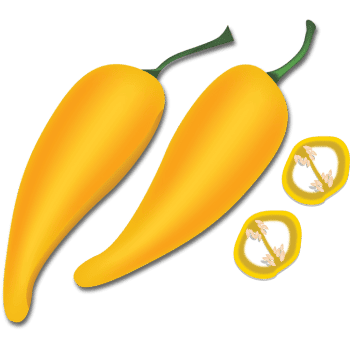
Yellow Chili Peppers
Yellow chili peppers offer a mildly spicy flavor. They are rich in vitamin C and capsaicin, which support metabolism and immune function. People often use them in salsas, sauces, and stir-fries for a spicy kick.
FAQs about Yellow Vegetables
Here are some yellow vegetables:
1. Yellow bell pepper
2. Corn
3. Squash
4. Yellow carrot
5. Yellow potato
6. Pumpkin
7. Zucchini (yellow variety)
These vegetables have a yellow color and are rich in nutrients!
Here are some yellow fruits:
Yellow Fruits:
1. Banana
2. Lemon
3. Pineapple
4. Mango
5. Yellow apple
6. Pear
7. Apricot
These fruits are bright and full of vitamins!
Here are vegetables that come in 7 colors:
1. Red: Red bell pepper, tomatoes, radishes, beets
2. Orange: Carrots, sweet potatoes, pumpkin, butternut squash
3. Yellow: Yellow bell pepper, corn, squash, yellow carrots
4. Green: Spinach, broccoli, peas, cucumbers, lettuce
5. Blue: Blue potatoes, blue corn
6. Purple: Eggplant, purple cabbage, purple carrots, beets
7. White: Cauliflower, onions, garlic, potatoes
These vegetables represent a variety of colors and nutrients!
Read More
- Indian Vegetable Names
- Winter Vegetables List
- Fruits And Vegetables Vocabulary
- Summer Season Vegetables
- Green Vegetables Chart
- Vegetables For Children
- Leafy Green Names
- Rainbow Colours Name
